With the Championship trophy in his hand and a Dundee scarf tied around his head after helping seal the league for the Dee, no one could have imagined Christian Nade was suffering from depression.
The Dark Blues hero didn’t even know it himself.
Eight months later, he tried to take his own life in the freezing waters of the Forth.
Now, on Mental Illness Awareness Week, Nade is set to return to Dundee for a special fans’ event.
Badge to Badge Walk!👣
Only 1 week until our Badge to Badge Walk with @WalkandTalkSco1 and @DundeeFCCT!
Any donations would be greatly appreciated! https://t.co/UUbtTQLtn1#ArbroathFCCT|#MoreThanFootball pic.twitter.com/65RDhxJill
— Arbroath FC Community Trust (@ArbroathFCTrust) October 1, 2022
The 38-year-old is taking part in today’s ‘Badge to Badge’ walk from Dens Park to Gayfield with Walk and Talk Scotland.
The group aims to encourage men to talk about their mental health.
‘I never thought I had depression’
Ahead of today’s event, Nade opened up on his own mental health battles and his eventual diagnosis with depression in 2018, which affected him for much of his career.
“I think I was suffering from poor mental health for quite a long time but I didn’t know that’s what it was,” he told Courier Sport.
“It wasn’t until a doctor told me I was suffering from depression. I had never thought that’s why I was feeling like this.
“When the doctor put their finger on it, everything started to make sense.
“You feel like you have a weight on you. It’s weird to explain, you can’t be yourself, you are somebody else.
“You don’t like your own life, you just fake happiness. Once I spoke about it, I felt free.”
Life at Dundee
The former striker believes football masked his mental health problems.
Nade enjoyed a brief, but successful, spell with Dundee in the second half of the 2013/14 Championship-winning season. But away from the pitch he felt he always struggled.
His mental health problems took a further dive when he was let go by the club at the end of the campaign.
“At Dundee, I was suffering from depression but when I was at the training ground and when I was playing, all of those thoughts were gone and I was feeling happy,” he explained.
“That was one of my happiest times.
“As soon as I got back home, I would feel done.
“I was planning to move to Dundee because I was living in Edinburgh at the time.
“When the coach told me he didn’t want me for the next season, I was very sad.
“That didn’t help with my mental health, but I didn’t know I was suffering from depression at the time.”
Suicide attempt
Nade then swapped one dark blue jersey for another, joining up with Raith Rovers. It was there he sunk to an all-time low.
Complications from a past relationship, struggling with Dundee’s rejection and being away from his family left him feeling like suicide was the only option.
Mercifully, a friend was able to stop Nade, who had already walked into the icy waters of the Firth of Forth, before it was too late.
Looking back, he credits former Rovers gaffer Grant Murray for helping him get back on his feet.
“I felt very isolated and all of the pain came together,” Nade said. “It was just too much. I felt alone and nobody could understand me.
“I didn’t feel the need to talk to somebody until this happened.
“When the police and the ambulance came, I felt ashamed.
“I was scared they would tell the club then I’d be all over the papers. I wanted to tell my coach before the police did so I would feel prepared.
“When I talked to him he was very supportive, he helped me.
“He called a pastor to come to my house and they were with me all the time. That saved me.”
Speaking helps
After seeking medical advice, Nade found that simply voicing his concerns went a long way in relieving mental pressure.
That is one of the reasons he was happy to take part in Saturday’s event when asked by organiser Richard Peter-Tennant.
Nade, who has since qualified as a mental health first-aider, admits he still has dark days, but says he will be there to lend an ear to any football fan taking part.
“I felt much better after talking to the doctor,” he said. “It’s like they couldn’t make me stop talking. I could speak about my problems and that helped me find a solution.
“I’m not going to lie, I was feeling low yesterday. There are times when you feel low but when I talk about it I just feel so much better then I can focus on something positive.
“It doesn’t happen every week, it could happen once every two months or something like that. You can feel low but now I can recognise the signs.
“If somebody wants to talk to me about anything I’ll be there to listen.
“If I can help, I will.”
Anyone looking to join in the Badge to Badge walk on Saturday should contact the Walk and Talk group via Facebook or Twitter.
When life is difficult, Samaritans are here – day or night, 365 days a year. You can call them for free on 116 123, email them at jo@samaritans.org ,or visit samaritans.org to find your nearest branch.
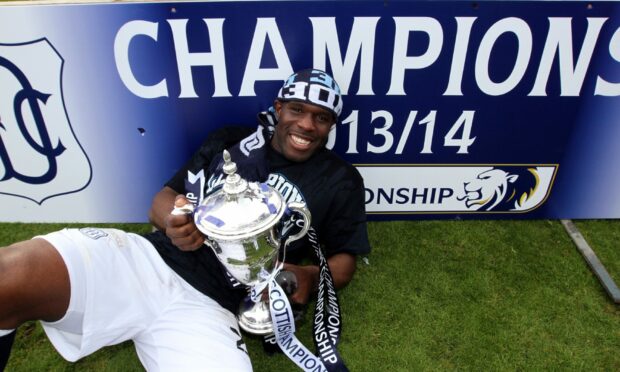

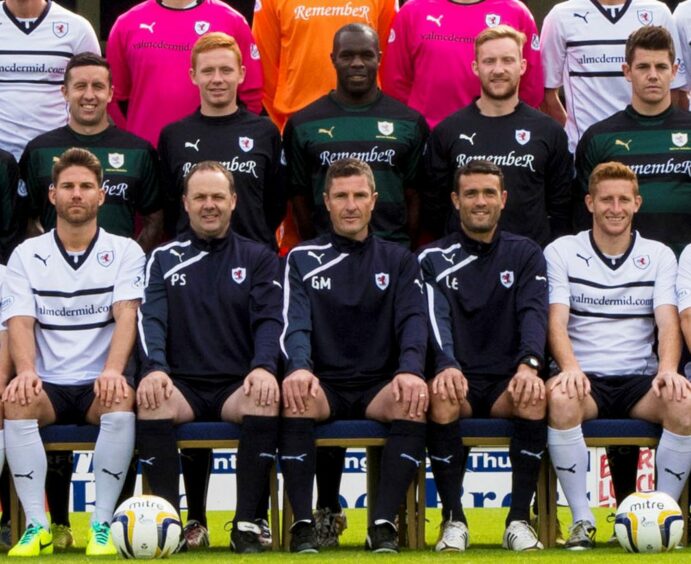
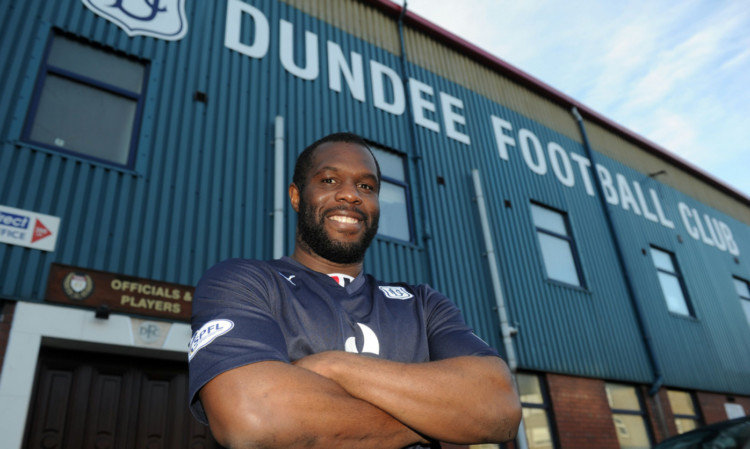




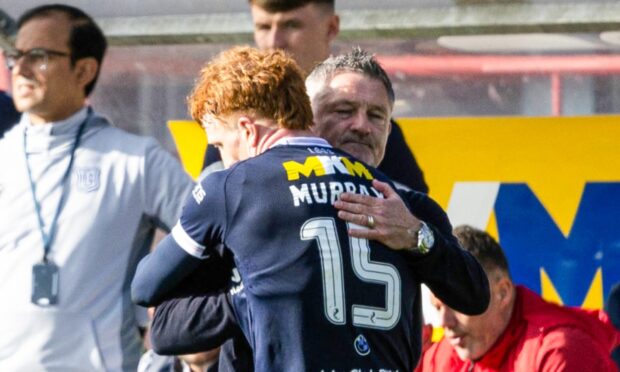
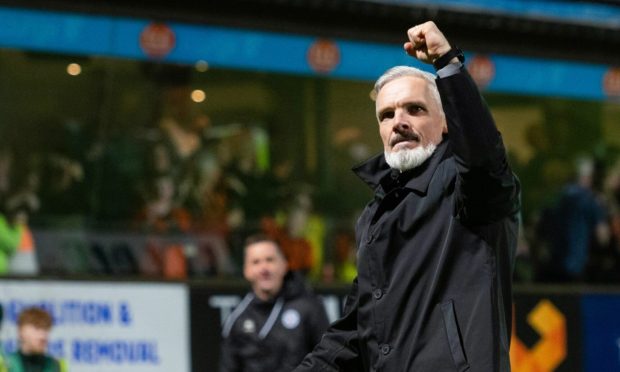
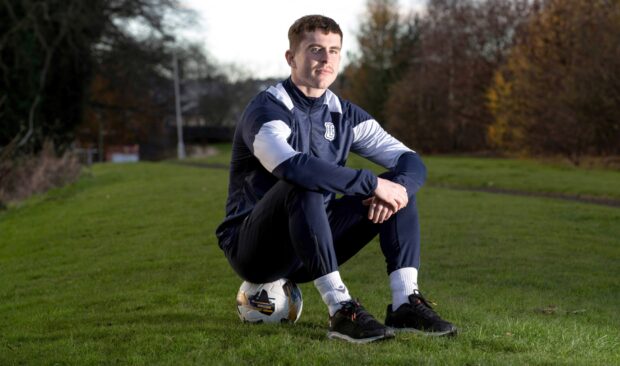



Conversation